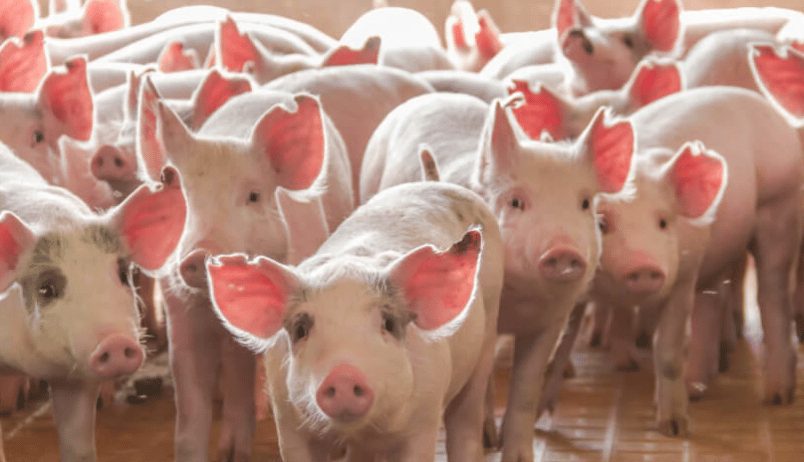Source: Mashilo Phosa, Chemuniqué, 5 October 2020, photo credit: AFMA Matrix October 2020
Heat stress in pigs is defined as a physiological response to high environmental temperatures, where an animal is out of its thermoneutral zone and can no longer effectively regulate its body temperature. As a result, animal health, well-being, and performance are negatively affected.
The effect of heat stress in pigs
When pigs are exposed to high temperatures, several behavioural, physiological, and metabolic mechanisms are activated to increase heat dissipation to maintain the body temperature within normal physiological ranges (Figure 1). The most effective mechanism to reduce heat production is to lower the feed intake, and this drop in feed intake is accentuated as bodyweight increases.
Read more
The South African Pork Producers’ Organisation (SAPPO) coordinates industry interventions and collaboratively manages risks in the value chain to enable the sustainability and profitability of pork producers in South Africa.









